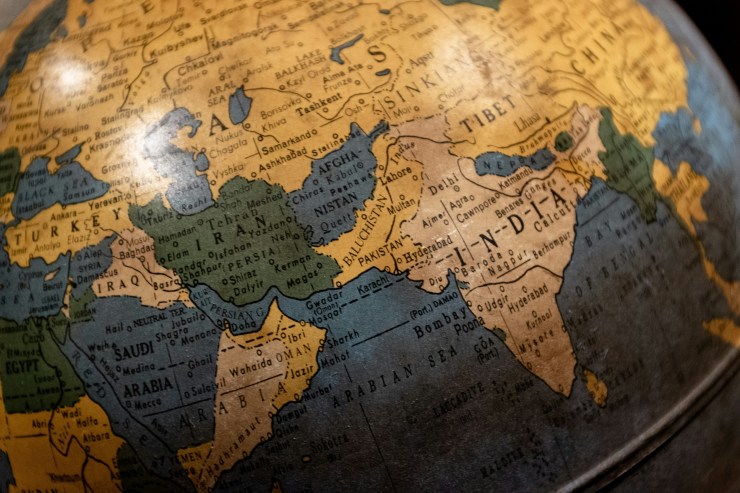
The United States government on 26 June 2024 released its annual report on religious freedom worldwide, offering a rare criticism of India, a close US partner, while also highlighting growing concerns about religious intolerance globally, particularly against Jews and Muslims.
Antony Blinken, the US Secretary of State, presented the report, pointing out that the United States itself is facing a sharp rise in both anti-Semitism and Islamophobia, especially in connection with the ongoing conflict in Gaza. This acknowledgment demonstrates that religious intolerance is a problem affecting even developed nations.
Regarding India, Blinken expressed specific concerns, stating, "In India, we see a concerning increase in anti-conversion laws, hate speech, demolitions of homes and places of worship of members of minority faith communities."
Ajai Lall, founder of the Central India Christian Mission, speaking to Christian Today echoed these concerns: "There is no place for a dictatorship within a democracy. Over the last few years there have been numerous examples of structural, systemic, and overt vilification of religious minorities, especially those in leadership."
Rashad Hussain, the US ambassador-at-large for international religious freedom, provided more details about the situation in India. He reported instances where local police either assisted mobs in disrupting religious services or stood by while minority groups were attacked. In some cases, Hussain noted, the victims of these attacks were then arrested on conversion charges.
A C Michael, National Coordinator of the United Christian Forum, corroborated this account: "It's a fact that we in India are witnessing an onslaught of misuse of laws against innocent citizens, especially peace-loving Christians who are being harassed with false allegations of forceful conversions without any evidence."
The report doesn't only focus on India. It also raises concerns about other countries, including Pakistan, India's historic rival. In Pakistan, Blinken condemned blasphemy laws, saying they "help foster a climate of intolerance and hatred that can lead to vigilantism and mob violence."
Lall further elaborated on the situation in India stating that "The international news has covered the atrocities that have taken place in Manipur, Orissa, Chhattisgarh, Madhya Pradesh, Uttar Pradesh and other parts of the country. These are not hidden facts, but we have all been witnesses."
In Europe, the report highlighted issues in Hungary, where officials have been accused of using anti-Semitic and anti-Muslim rhetoric. Blinken also mentioned that nine European nations "effectively ban some forms of religious clothing in public spaces," although he didn't name these countries specifically.
Speaking to Christian Today, Michael provided additional context to the challenges faced by religious minorities in India. "Sadly, even the Supreme Court of India has failed miserably to provide protection despite a long pending petition before it on the incidents of violence against Christians since 1st September 2022 led by Archbishop of Bangalore, Peter Machado," he said.
Despite strategic importance of the US-India relationship, experts expect the US State Department to take strong action against India when it releases its annual blacklist of countries with severe religious freedom violations later this year.
Michael concluded his statement by describing specific incidents: "Mob attacks, demolition of homes, demolition of churches, physical violence whilst police stood by and then arrested the victims on false allegations of forceful conversions."
The report serves as a reminder that religious freedom remains a global concern, affecting countries across the world, including those considered allies of the United States. It underscores the need for continued vigilance and efforts to protect the rights of religious minorities and promote tolerance in all societies.
This comprehensive report and the testimonies from religious leaders in India provide a stark picture of the challenges faced by religious minorities globally, emphasising the importance of addressing these issues on both national and international levels.




